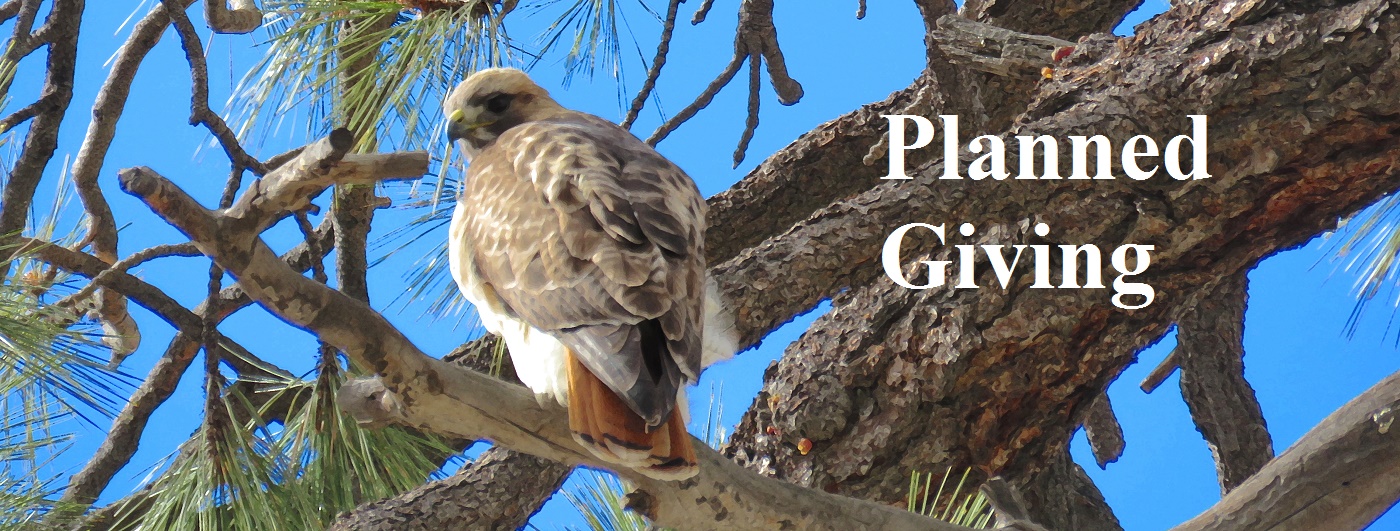Indigenous cultures have survived to the present day because of the tenacious, devoted
perseverance of individuals who refused to lose their identity; who understood the value
of their cultural inheritance and the responsibility they shared for its continuation. They
saw beyond their own fleeting time on the physical plane and envisioned a future for the
generations yet unborn.
Planned giving allows you to choose the legacy you create. The most common type of
planned giving is a bequest; a gift of a specified amount or item(s), as directed by your
will.
Having a will is a crucial element for many reasons. A will is the legal instrument that
offers your surviving loved ones direction in all aspects of your affairs. If you have
children, it is particularly important to have a will that addresses matters of custody, and
insures that they are the beneficiaries of the assets you want them to have. If you own
real property, a will is absolutely essential.
For a brief overview of the basic kinds of planned giving, and a glossary of commonly
used terms, click here. If you do not have a will, living trust or other instrument that will
guide your loved ones in arranging your final affairs, click here for a free planner to help
you organize your thoughts and your information. Whether you choose to incorporate a
bequest in your will or not, please take advantage of this resource. It will help demystify
the will process and bring you closer to creating your own.
Bequests generally do not require the services of an attorney or financial planner, but
annuities and other structured planned giving instruments do. We will work with your
financial planners and legal advisors to insure that your gift is administered as you
desire, without the burden of additional legal costs. We will also honor your wishes
regarding acknowledgement or anonymity, as well as how your support is directed.
|

